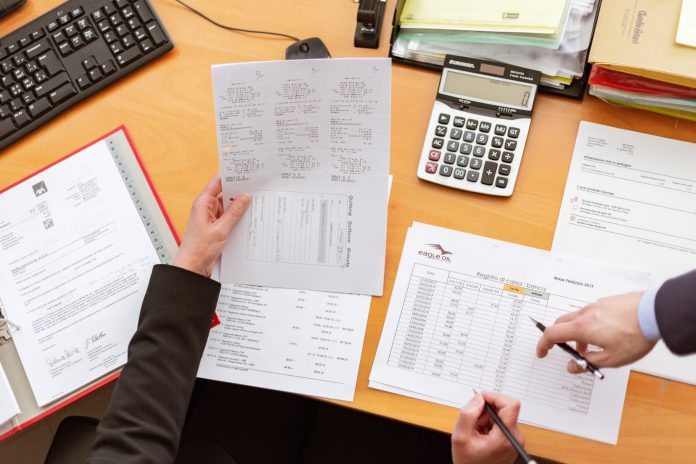You may consider your business like a baby: it requires nurturing to grow. The same goes for your business credit: the more deliberate energy you put into it, the better you’ll build it. And with great credit, you can qualify for more appealing lending options should you need them.
But how can you protect and grow that credit?
1. Understand What Business Credit Is
You already know you have personal credit scores and a credit report that shows recent activity, like opening a new credit card or paying off a loan. You actually have the same for your business. Your business credit reports and scores (compiled by Experian, Equifax, and Dun & Bradstreet business credit bureaus, among others) help lenders and vendors understand the risk of extending credit to your business. In other words, what’s the likelihood, based on your credit history, that you will be able to pay them back?
2. See Whether You Have a Credit History
You don’t, by default, have a business credit history. You need to do certain things to show up on the radar of the primary three credit bureaus like open a tradeline that reports to one or more bureaus, use a business credit card, and pay your bills on time.
Start by checking your business credit scores for free here. If your scores are nonexistent and there’s nothing in your business’ credit history, it’s time to start building it.
3. Separate Business and Personal
Still using your personal bank account for business expenses? That’s not helping you build credit, and it’s probably creating unnecessary stress at tax time. Having a separate business checking account makes it easier to categorize expenses for tax purposes, and it is a step toward building your business credit.
4. Use a Business Credit Card Rather Than Debit
A bank account won’t help you build your credit, but a business credit card can. By opening an account, you’re alerting credit bureaus that there is some credit activity to monitor. When you access that credit by making purchases and then pay down (or off) your balance, that can be recorded as part of your credit history if that issuer reports to commercial credit agencies.
Another reason to use a business credit card over a debit card: you’re better protected from potential identity theft. Banks don’t have to cover fraudulent purchases on a business debit card, but with a credit card, you can only be held liable for up to $50 in charges. I’ve heard from entrepreneurs who have found out the hard way that they weren’t protected when they found their business bank accounts in the negative as a result of fraud.
5. Monitor It
Your business credit isn’t a “set it and forget it” type of thing. It’s your responsibility to monitor your credit report to make sure that those tradelines and credit cards you’ve opened are reporting your activities correctly.
Check your credit report regularly. If there are any discrepancies (an account you know you closed still shows up as open, for example), report them immediately to that credit bureau. You don’t want anything inaccurate on your report to keep you from qualifying for financing down the road.
Consider your business credit like a fledgling bird. You’ve got to keep an eye on it and nurture it so that it will grow. With the right care, it will one day leave the nest and spread its wings, allowing you to grow your business responsibly.
Find a Home-Based Business to Start-Up >>> Hundreds of Business Listings.
















































